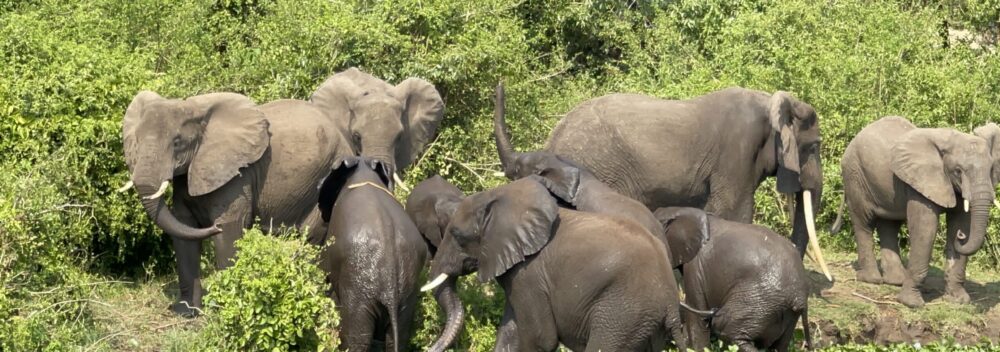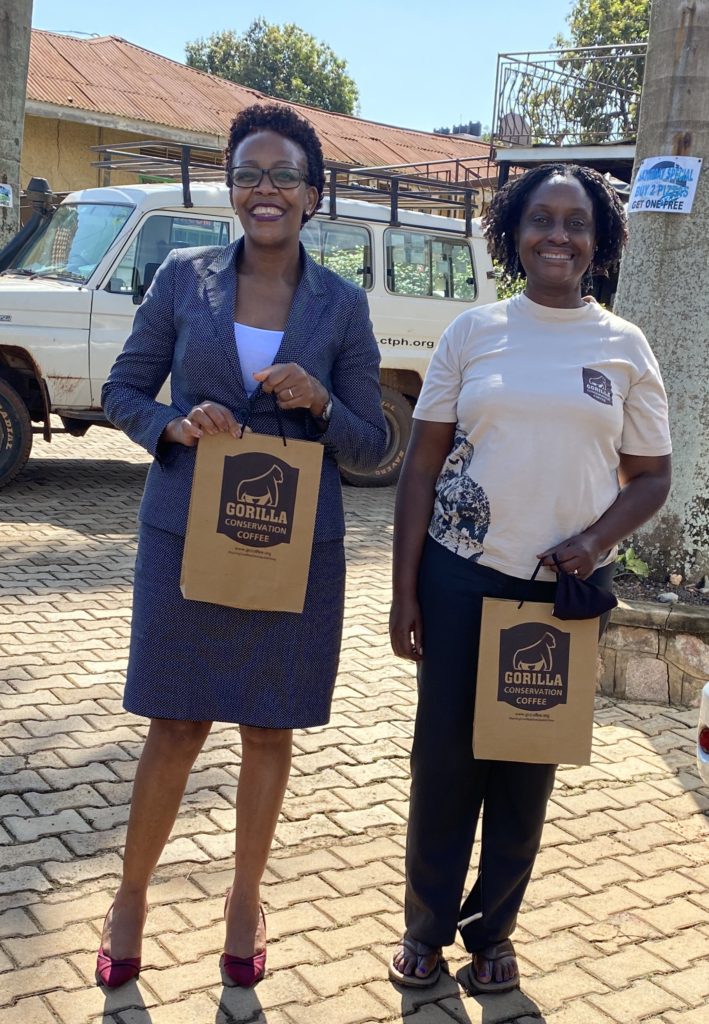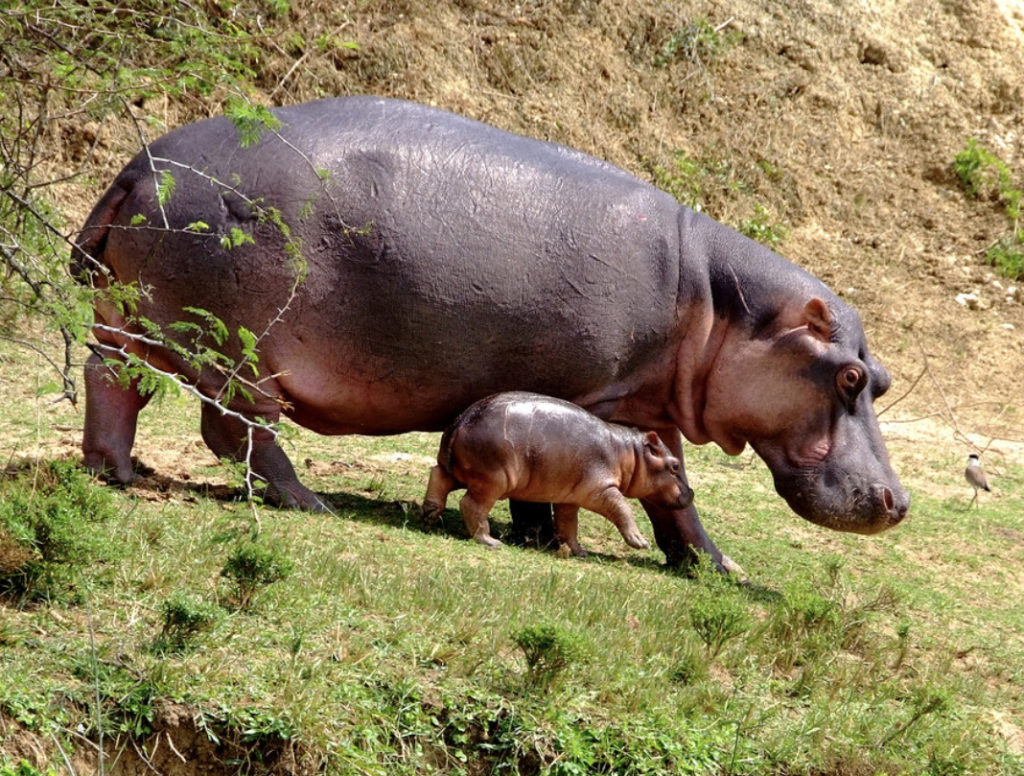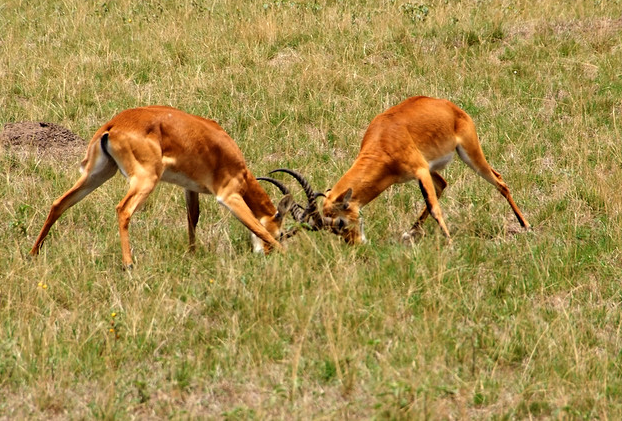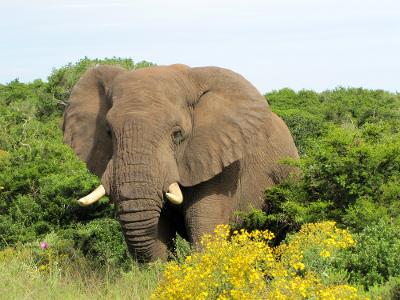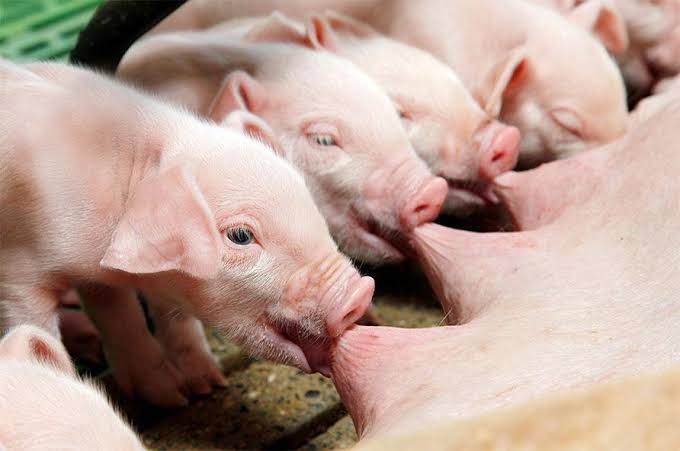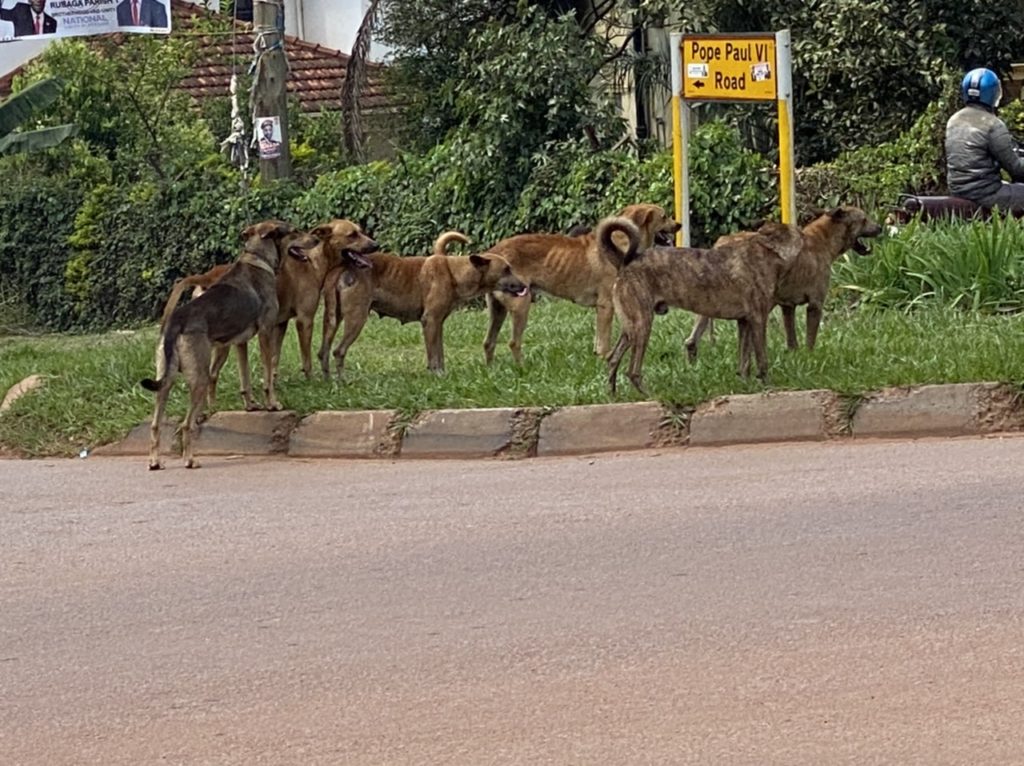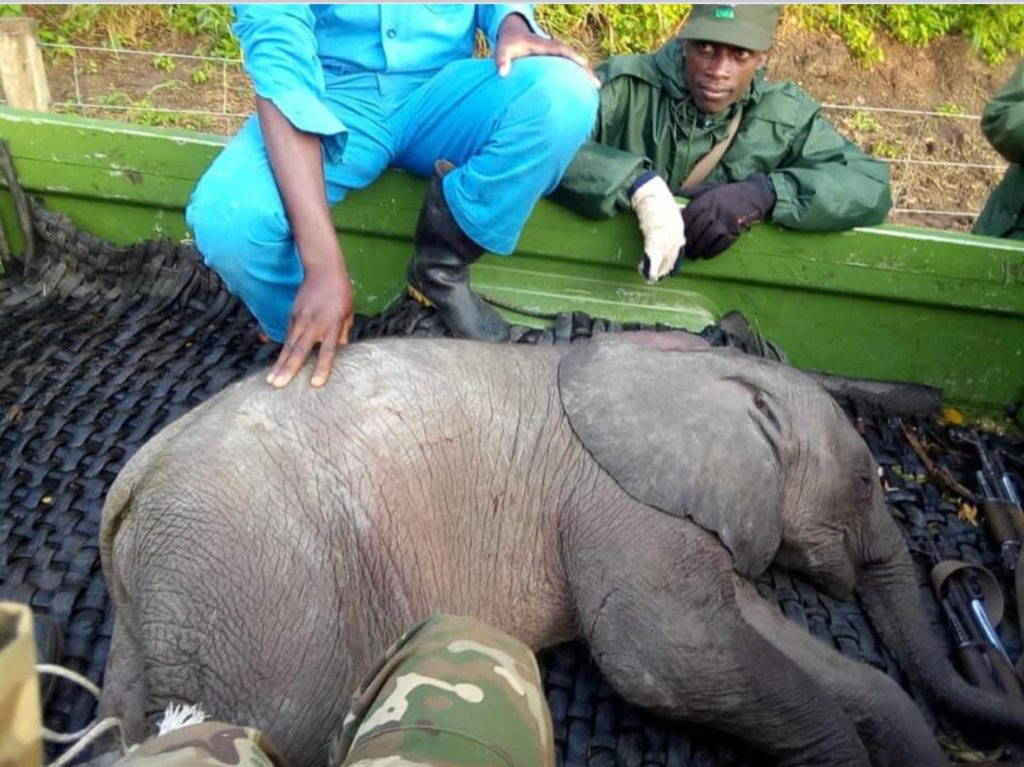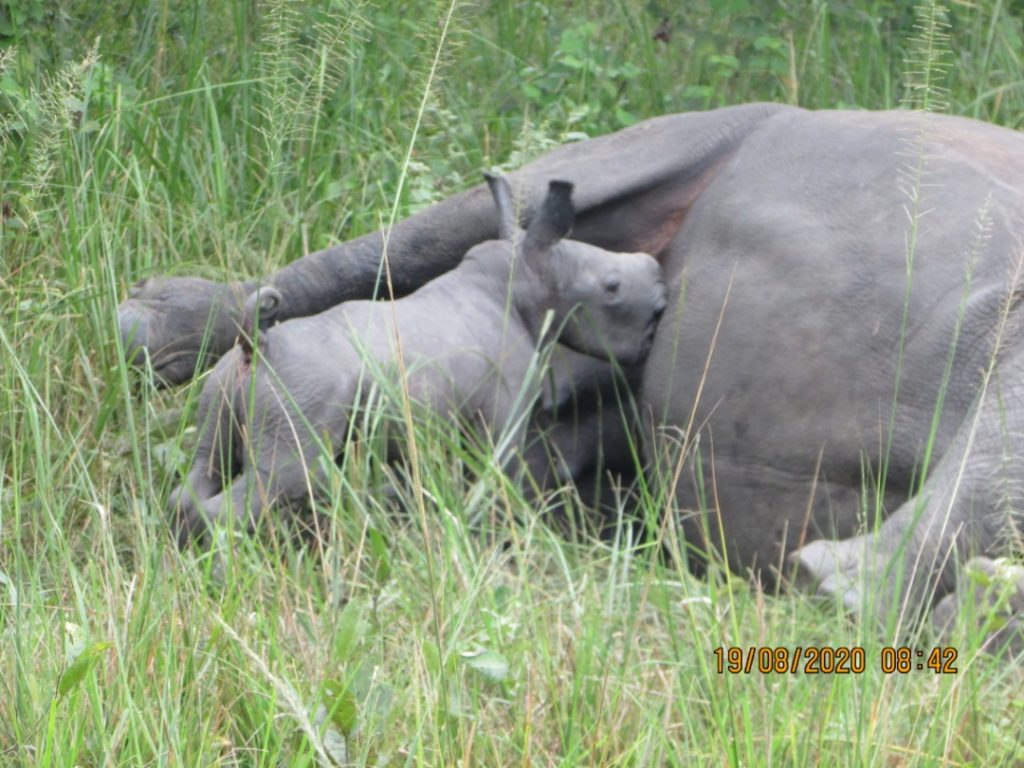Today, Ms. Gladys Kamasanyu the founder and Chief Executive Officer of Help African Animals met with Dr. Gladys Kalema – Zikusoka, the founder and Chief Executive Officer of Conservation Through Public health and had a fruitful discussion on wildlife conservation issues in Uganda. Animals don’t speak. We are speaking for them.
Author Archives: gladyskama
Let’s protect them all
We can stop the animal suffering that is caused by humans
How many pangolins were killed?

These are scales of pangolins seized in Uganda. Pangolins have to first be killed in order to get their scales off their bodies. Can anyone guess how many pangolins had to be murdered to get all these scales? Are the individuals that were murdered replaceable? The answer is NO.
Of the eight species of pangolins in the world, Uganda is home to all the four pangolins native species to Africa. However, there is a huge knowledge gap across Uganda about pangolins and their importance. As a result, Ugandan pangolins are seriously threaten by poaching and illegal hunting which are driven by illicit international trade. Pangolins are murdered for their meat and scales which are on high demand especially in China and Vietnam.
It has become increasingly necessary to protect pangolins. This calls for taking deliberate steps to end the impunity. There is need to raise awareness about pangolins and their importance which includes both their extrinsic and intrinsic values. The legal system should also be properly used to protect pangolins.
Help African Animals’ application for NGO status approved
Happy animals
World Rhino Day
Today around 27,000 rhinos remain in the wild. Very few rhinos survive outside national parks and game reserves. Some species of rhinos are among the world’s most endangered animals. Rhinos are threatened by habitat loss and poaching. However, poaching which is driven by consumer demand for the rhino horn primarily in Asia, is the biggest threat to rhinos. Rhino horns are used as symbols of pride and high-value gift items by wealthy individuals in Asian nations.
Despite, the ban on international trade in rhino horn under the Convention on International Trade in Endangered Species of Fauna and Flora (CITES), the demand for rhino horn has remained high. Rhino poaching levels hit a record high in 2015 when poachers slaughtered over 1,000 rhinos in Africa.
It is up to us to save the rhinos! Let’s speak out for them.
The plight of homeless animals
The number of homeless animals increases every day. In Africa, millions of dogs and cats are forced to stray every year because of their owners’ inability to provide for them, lack of sympathy for animals, and ignorance of the laws protecting animals.
Stray animals are subjected to harsh weather conditions, they go without food and shelter, are sick, and cruelly treated whenever they are seen. They reproduce uncontrollably thereby increasing the number of animals on the streets.
The dogs in the photograph were found loitering in Kampala Capital City. They looked hungry, unhealthy, and are homelessness. What is heartbreaking is the way humans just pass by them paying no attention at all.
There is need to raise awareness about animal protection in all communities in Uganda. Help African Animals is committed to saving the lives of animals by influencing the human mindset. We travel village to village and raise awareness about animal protection.
Animals do not speak. Let’s speak for them.
Uganda Wildlife Authority rescues a baby elephant
The Uganda Wildlife Authority (UWA) has rescued a newly born elephant that was left by the main herd from Queen Elizabeth National Park that earlier strayed to Kasese town. The baby elephant was reunited with the main herd in the park.
As human populations expand and natural habitats shrink, people and wild animals are increasingly coming into conflict over living space and food. The resultant effect on both humans and wild animals is always negative. Many thanks to UWA for rescuing the baby elephant before any injury had been occasioned.
Uganda welcomes another baby rhino
A second baby rhino has been born at Ziwa Rhino Sanctuary in a period of less than a month. The male calf named Jabali was born by mother Bella on the night of 18th August 2020. Bella, a six times mother was among the first four rhinos that were taken to the sanctuary by Rhino Fund Uganda. The latest addition brings the total number of rhinos at the sanctuary to 32.
In the 1980s, Uganda lost all her rhinos due to poaching. The last rhino in Uganda’s wild was seen in about 1983.
It has taken great effort and sacrifice to breed the rhinos. Many thanks to Rhino Fund Uganda. There is hope that one day rhinos will be reintroduced to Uganda’s national parks.
However, there is a need to raise awareness about the benefits of wildlife among all the people of Uganda. Help African Animals is committed to traveling from village to village educating the true keepers of wildlife, the rural people about the benefits of wildlife, the laws protecting wildlife, and penalties for violation of the laws. We are committed to empowering rural people to protect wildlife in their areas. We are driven by the belief that unless rural people are involved in conservation, all conservation efforts are in vain.
